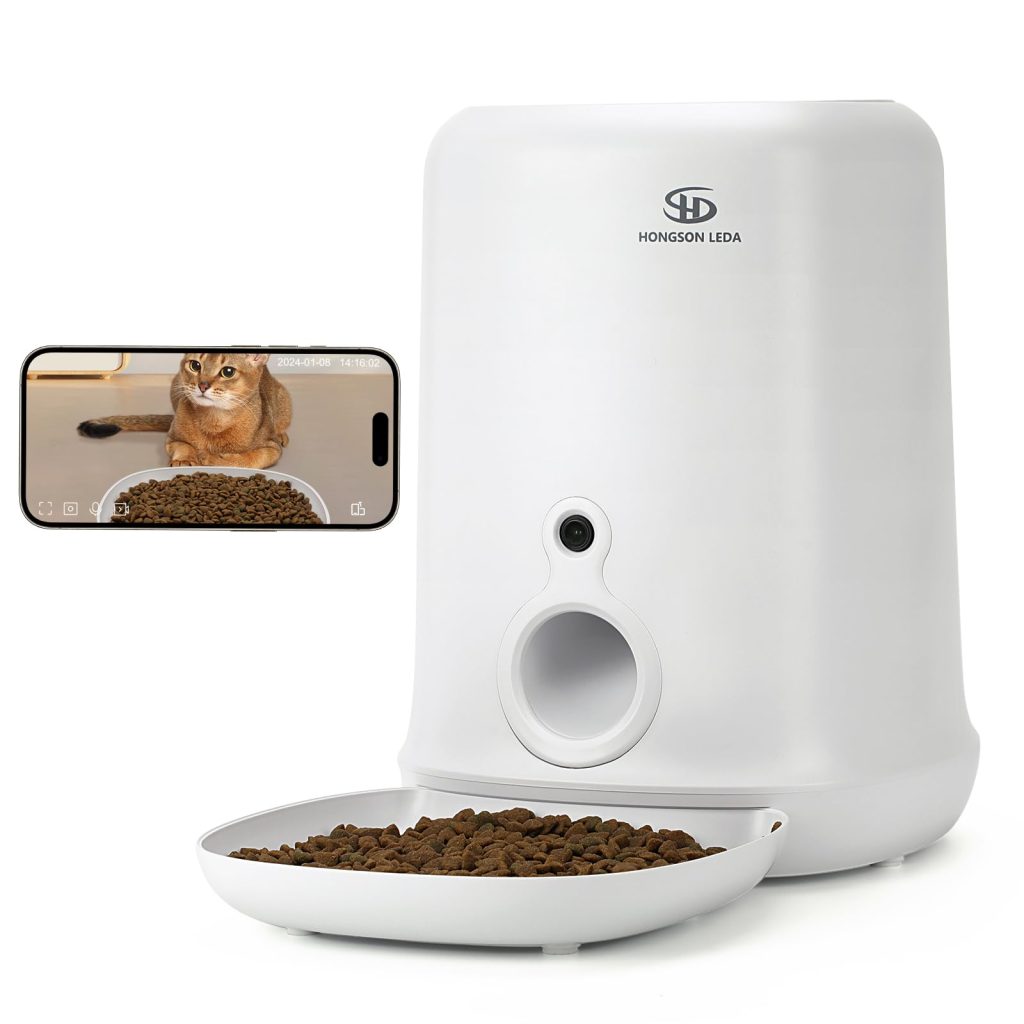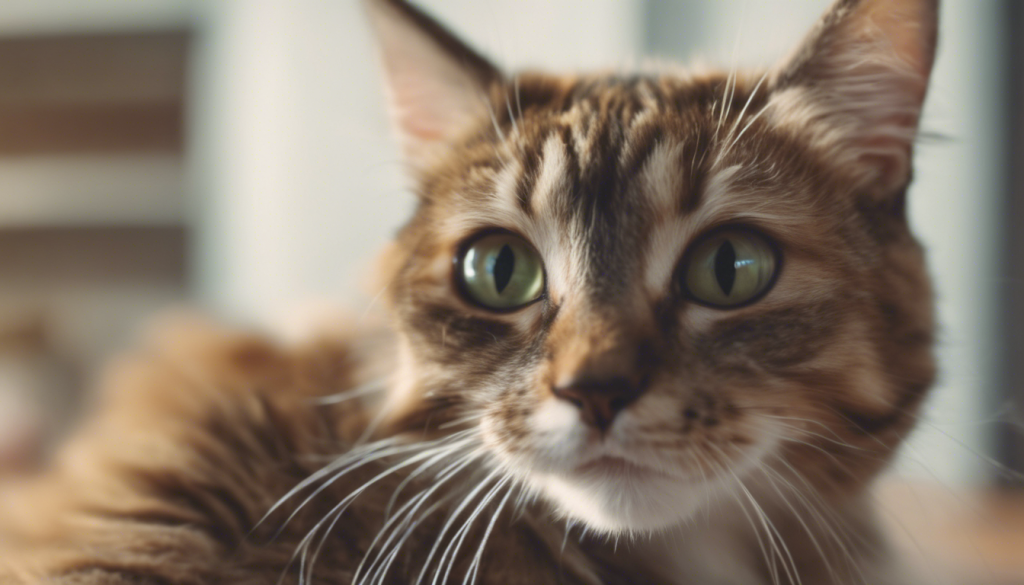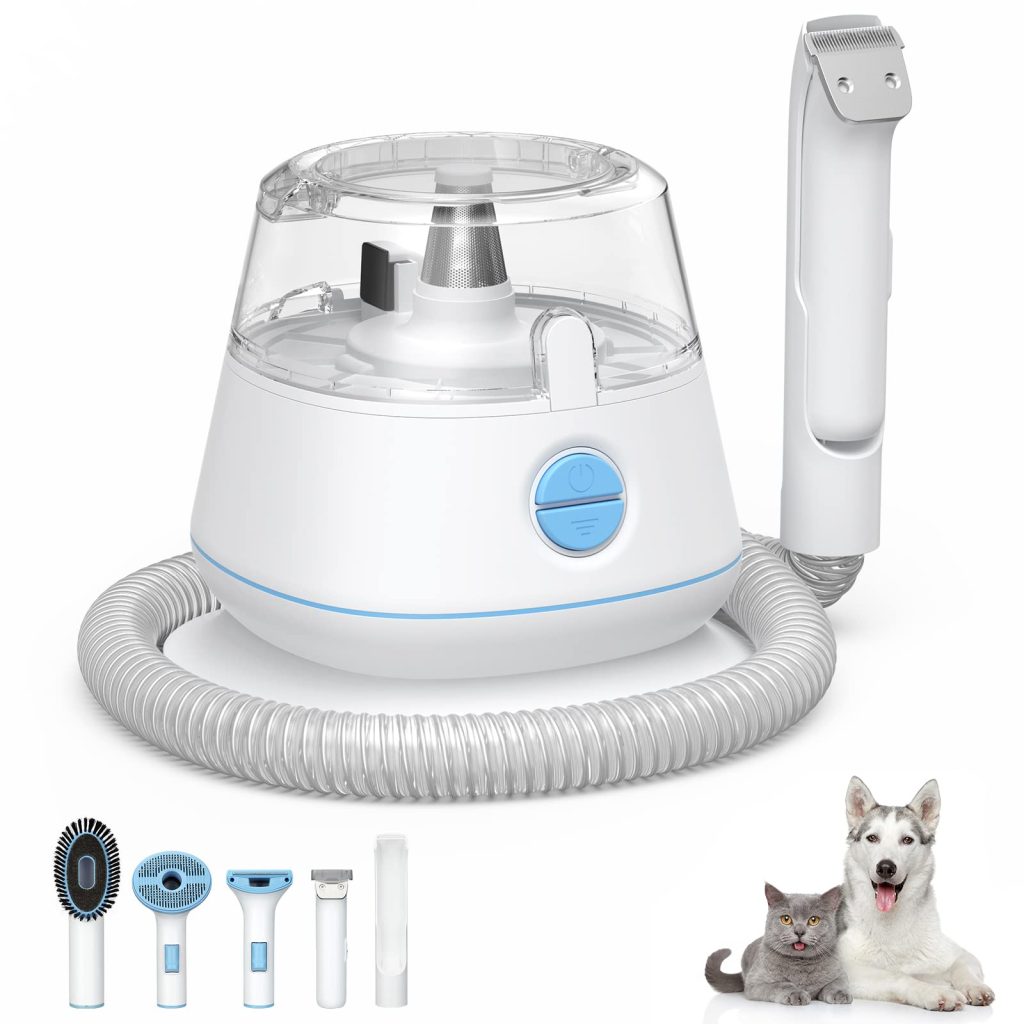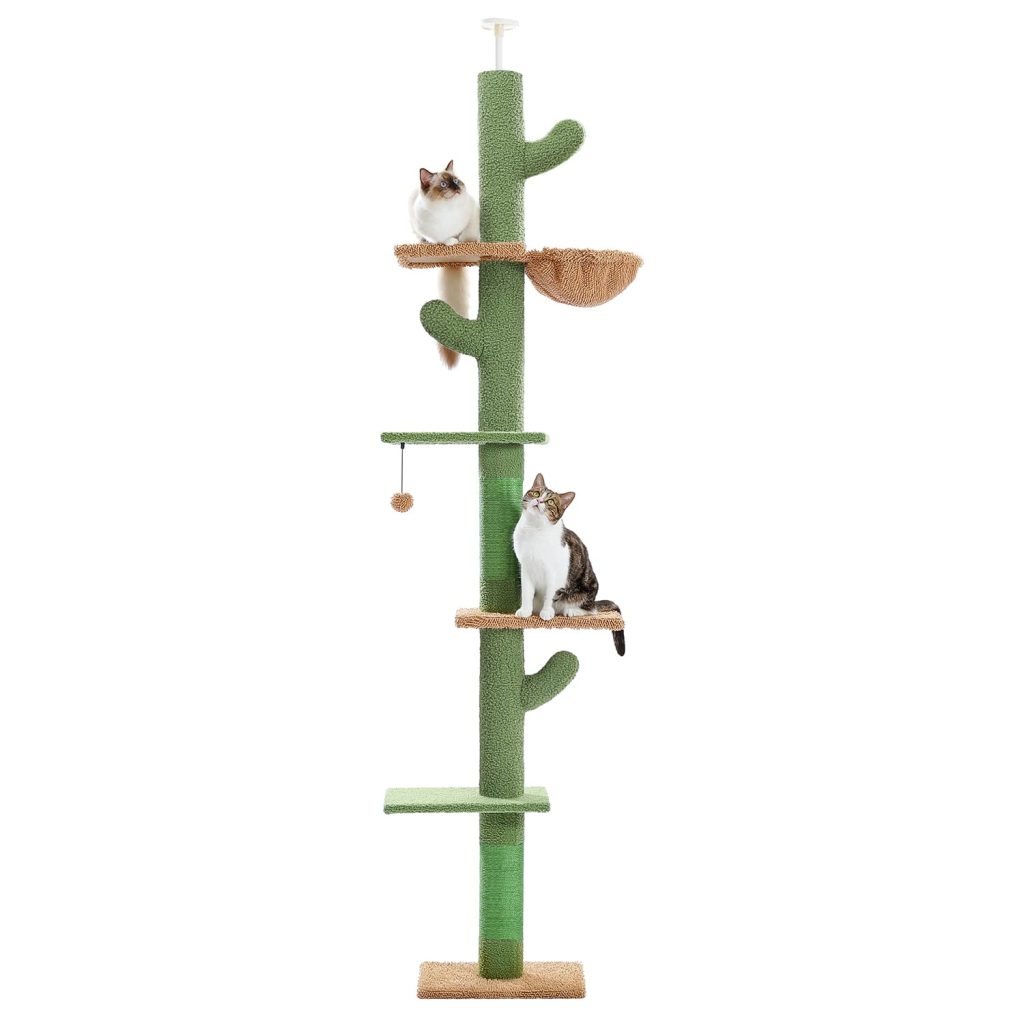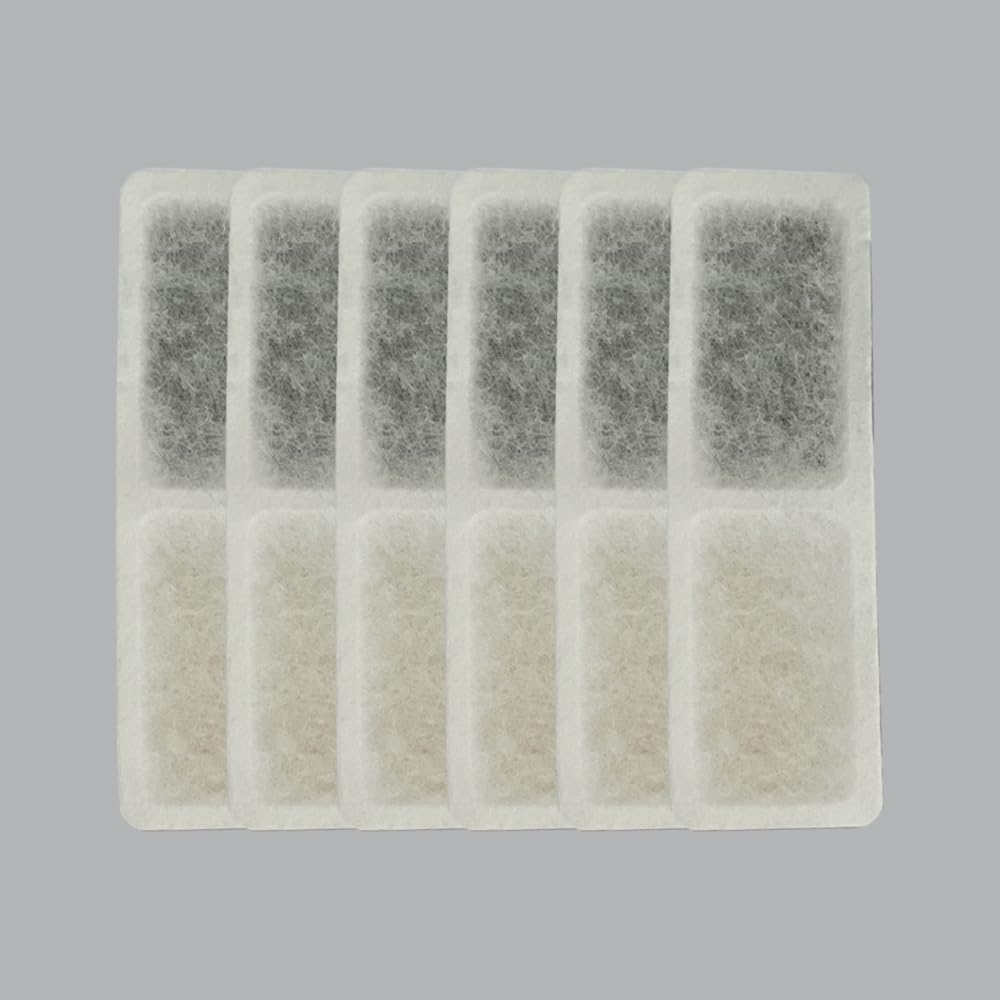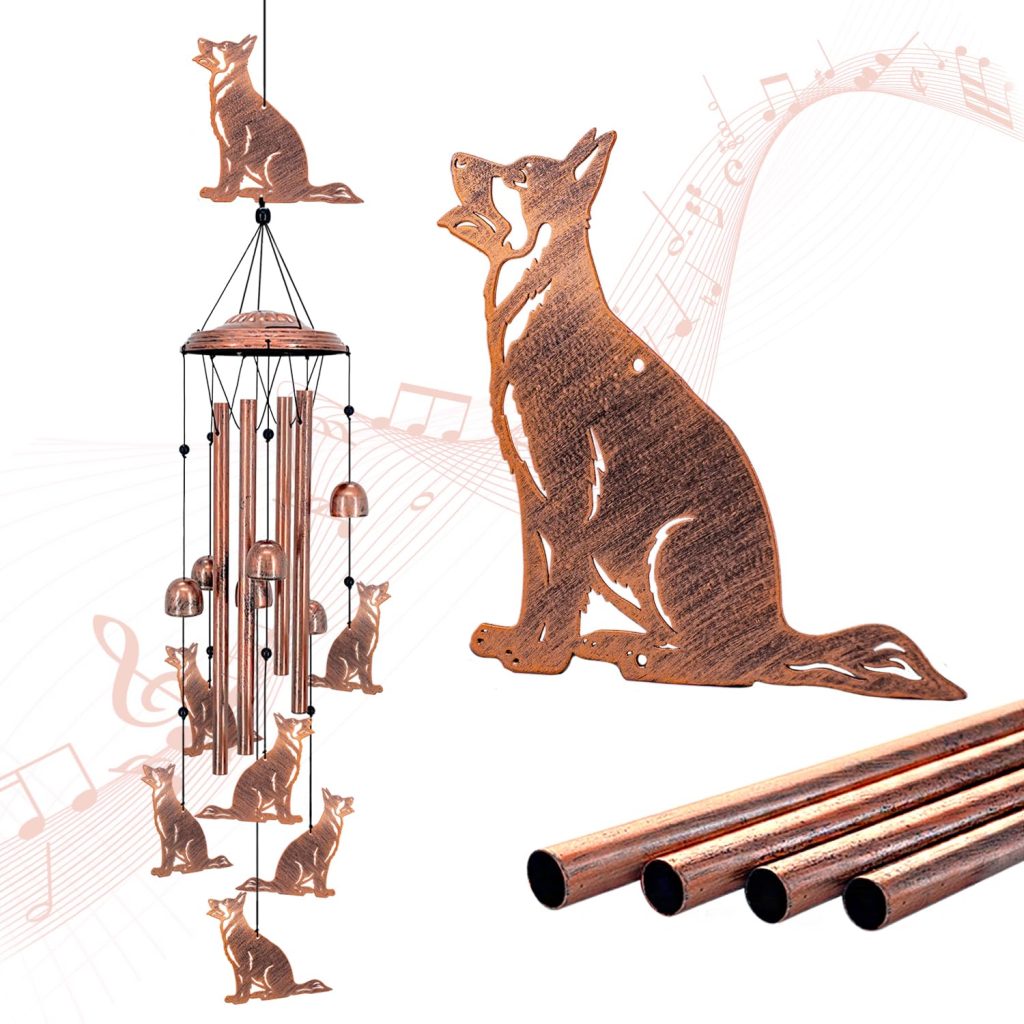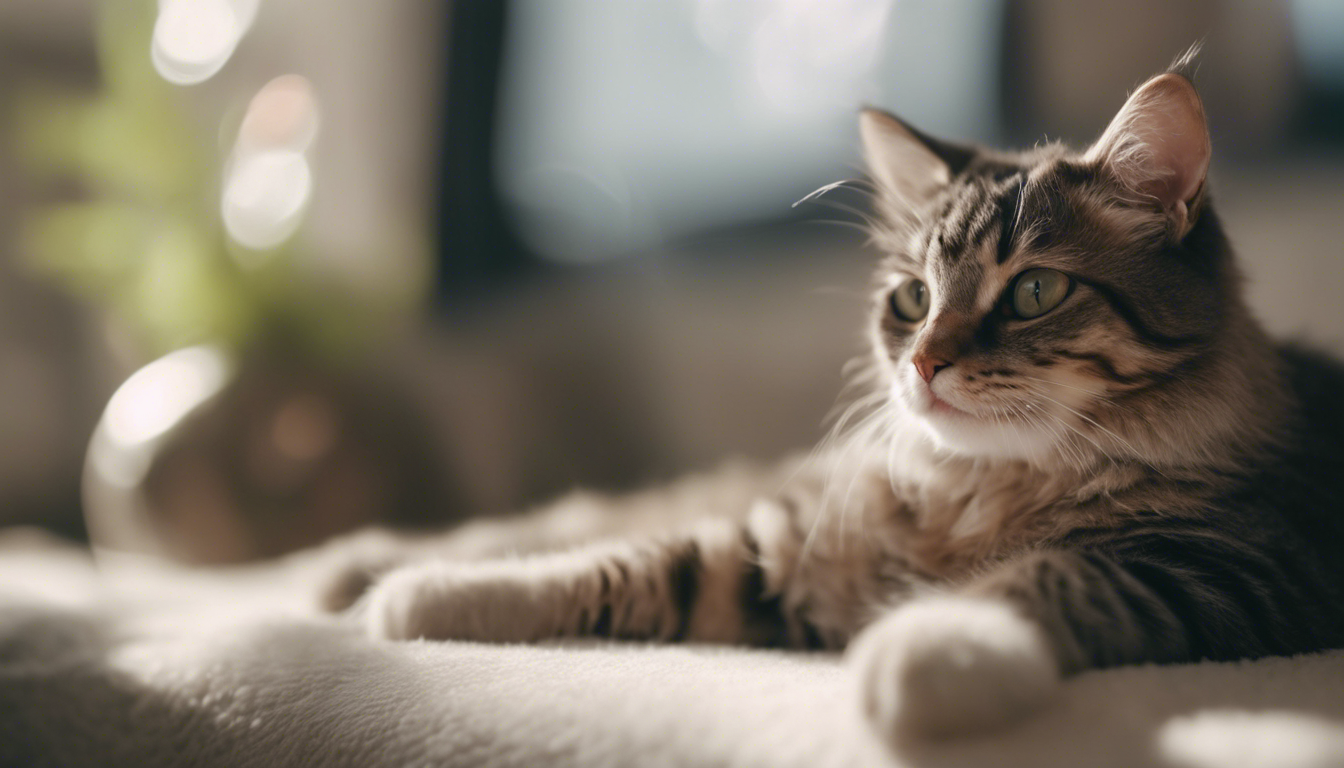
Heart conditions in cats can greatly impact their overall health and well-being. Just like humans, cats can suffer from various heart conditions, including hypertrophic cardiomyopathy, dilated cardiomyopathy, and congenital heart defects. Caring for cats with heart conditions is of utmost importance to ensure their longevity and quality of life.
Significance of Caring for Cats with Heart Conditions
Cats with heart conditions require special care and attention. These conditions can lead to reduced heart function, which means that the heart is less efficient at pumping blood throughout the body. As a result, cats may experience symptoms such as coughing, difficulty breathing, lethargy, and poor appetite.
Caring for cats with heart conditions involves regular monitoring and veterinary check-ups to assess the progression of the disease and adjust the treatment plan accordingly. Medications may be prescribed to manage symptoms, improve heart function, or prevent blood clots.
Additionally, providing a stress-free environment is important as stress can exacerbate heart conditions in cats. Minimizing physical activity, ensuring a calm and quiet living space, and avoiding sudden changes in routine can help reduce stress levels in cats with heart conditions.
Nutritional Components for Cats with Heart Conditions
Nutrition plays a critical role in maintaining the overall health of cats with heart conditions. A balanced and appropriate diet can help support heart function and manage symptoms. Here are some key nutritional components to consider:
- Low Sodium: Cats with heart conditions should be fed a diet low in sodium to prevent fluid retention and reduce the workload on the heart. It is essential to choose cat food specifically formulated for heart health or consult with a veterinarian for dietary recommendations.
- Taurine: Taurine is an essential amino acid for cats, and its deficiency can contribute to heart disease. Ensure that the cat’s diet is rich in taurine to support cardiac muscle function.
- Omega-3 Fatty Acids: Omega-3 fatty acids have anti-inflammatory properties and can aid in reducing inflammation in the cardiovascular system. Including a good source of omega-3 fatty acids, such as fish oil, in the diet may be beneficial for cats with heart conditions.
- High-Quality Protein: Protein is necessary for maintaining muscle mass and supporting overall health in cats. Feeding high-quality protein, such as lean meats or specific cat food formulas, can help ensure adequate protein intake.
Positive Impact on Cats
Caring for cats with heart conditions can significantly improve their quality of life and increase their lifespan. With proper veterinary care, medication management, and a suitable diet, cats with heart conditions can experience symptom relief and improved heart function.
Owners who actively care for their cats with heart conditions often report increased energy levels, improved appetite, and decreased respiratory symptoms. This enhances their cat’s well-being and allows them to engage in activities they previously struggled with due to their heart condition.
“Since implementing a specialized care routine, including regular check-ups, medication, and a heart-healthy diet, my cat has shown remarkable improvement. She’s more active, playful, and her breathing has significantly improved.” – Cat Owner
Ultimately, caring for cats with heart conditions requires dedication, commitment, and regular communication with a veterinarian. By taking proactive steps in managing their condition and providing appropriate care, owners can significantly improve the lives of their feline companions with heart conditions.
